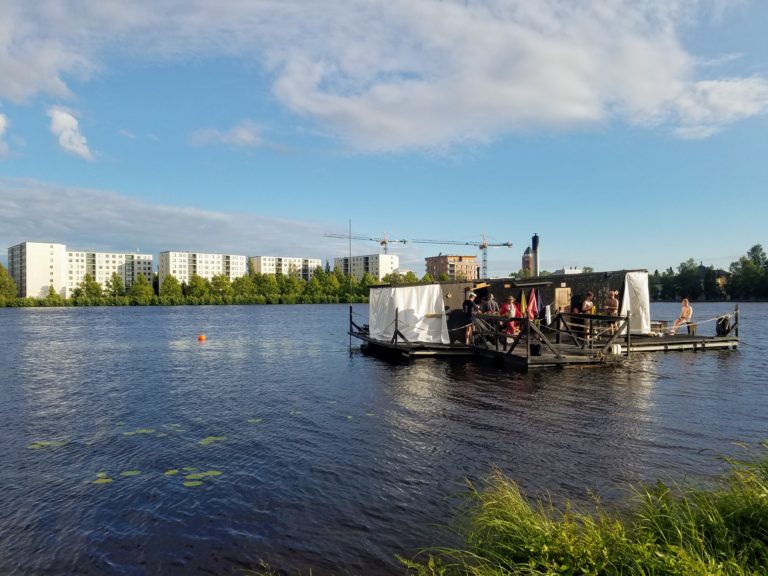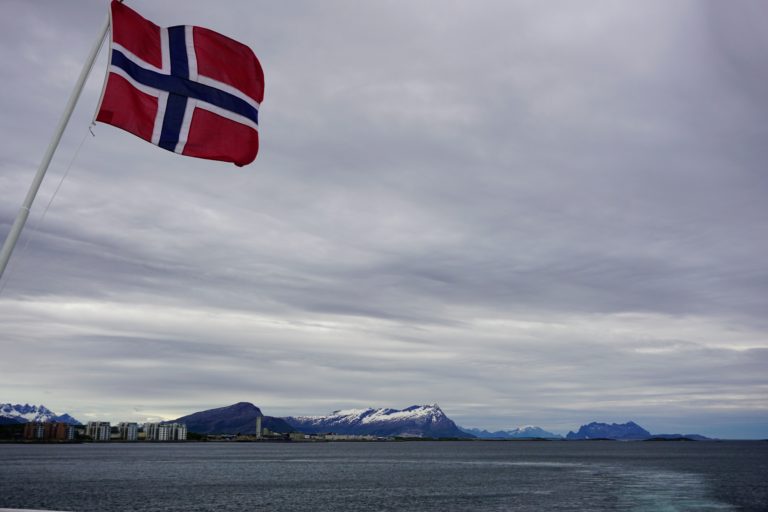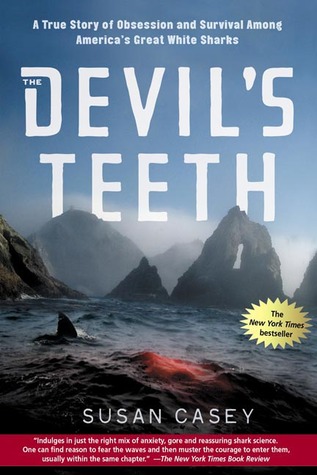I love large community events. I think it is important for a school, company, or city to effectively cease operations so that everyone can go out and enjoy themselves. These types of events tend to happen in the spring, when the weather first starts to warm up and people are itching to get out of their winter hideouts. In college, on the last Friday of the spring semester we celebrated Georgetown Day. While classes were not cancelled, professors were understanding of the fact that is was Georgetown Day and generally didn’t assign tests or papers. Students, staff, and faculty flocked outdoors to enjoy burgers, drink, and sunbathe. Similarly, when Georgetown made a run to the Final Four in 2007, the whole university came together to celebrate, charging down M St cheering and making friends with everyone around them.
When I arrived in Boston Sunday afternoon, the city already had this sense of community. Patriots’ Day is arguably the best holiday in Massachusetts for any kid who goes to public school. You get a week off from school, the weather is usually nice (at least compared to the previous few weeks), and you don’t have the obligations of travel and family gatherings that surround most holidays. I had never spent Patriots’ Day in Boston but I grew up watching the marathon every year and that sense of community and local pride radiated from the television or computer screen.
For those non-Bay Staters reading this, Patriots’ Day is a holiday celebrated in Massachusetts and Maine (and, per wikipedia, Wisconsin). While Patriots’ Day officially celebrates the Battles of Lexington and Concord (19 April 1775), the date coincides with the Pratt Street Massacre (19 April 1861) when the Massachusetts militia was attacked by a mob, drawing the first casualties of the American Civil War. Outside of the Bay State and Maine, it is best known as Marathon Monday, or the day on which the Boston Marathon has been run since 1897.
 |
| Even our state quarter commemorates the Revolution (via theus50.com) |
Bay Staters take incredible pride in their state and, based on the history curriculum taught in schools, believe that the rest of the country would not exist were it not for the revolutionaries who kicked the British out and established the United States of America. After all, much of the ramp up to the Revolution occurred in the Boston area and the first battles were fought there. The region produced founding fathers such as John Adams, his cousin Sam Adams, Paul Revere, and John Hancock. Patriots’ Day celebrates the fact that a bunch of colonists from Massachusetts got fed up with the way the British were treating them and did something about it. They didn’t just start shooting and behaving irrationally; they developed a plan of attack and eventually took down one of history’s largest empires. This spirit of taking action even continued after the Revolution when Daniel Shays led a raid on the Springfield Armory in an act that historians believe played a role in demonstrating the need for a strong federal government.
Patriots’ Day allows most people to take the day off and enjoy life; go out in the sun, hang out with friends, just relax and appreciate the fact that you live in a great commonwealth that allows you to take the day and celebrate life. Watching the marathon was the most similar experience I’ve had to Georgetown’s run to the Final Four. Everyone knows something about the event, people come together to celebrate the participants and the fans, and it is a very positive experience (although I do believe that there were a few choice words about Ohio State flying around after the thrill of beating UNC wore off). The town was plastered with posters celebrating the marathon, runners were everywhere, and drunk college kids (and some not quite college aged) abounded. It was my first Patriots’ Day in Boston and I was hooked.
 I arrived at the 24 mile marker Monday morning. The lead wheelchair racers had already gone by but there were still athletes passing us. People were cheering for everyone, celebrating something that these athletes had worked very hard to achieve. I stayed at mile 24 for almost two hours; once a friend of mine ran past I decided to see just how crazy these crowds could get. I wandered the course up towards the finish line. The crowds got louder and louder the closer I got. The finish line was a great time. The runners were happy to be there, spectators were cheering for everyone coming through, and the bars were full of people enjoying the day. I stood there, soaking it all in, until my true New England roots showed and I left to get an ice cream.
I arrived at the 24 mile marker Monday morning. The lead wheelchair racers had already gone by but there were still athletes passing us. People were cheering for everyone, celebrating something that these athletes had worked very hard to achieve. I stayed at mile 24 for almost two hours; once a friend of mine ran past I decided to see just how crazy these crowds could get. I wandered the course up towards the finish line. The crowds got louder and louder the closer I got. The finish line was a great time. The runners were happy to be there, spectators were cheering for everyone coming through, and the bars were full of people enjoying the day. I stood there, soaking it all in, until my true New England roots showed and I left to get an ice cream.
When the bombs went off I didn’t think anything was wrong. Sure, the sound wasn’t normal, but I figured it was a construction site, or something happening at Fenway Park which I was passing. I was walking back down the course, towards mile 24, when the police started clearing spectators. Again, seemed a little strange to me but for all I knew someone was sick inside a house and emergency responders needed to enter. Eventually I pulled out my cell phone to check the time and saw several text messages, all along the lines of, “please tell me you’re alive.” At this point I started to put things together and realized that what was going on was not normal. I still didn’t have any idea what was happening but I had an inkling that it was bad so, given the lack of cell service, I managed to get a note on facebook and then focused on trying to find my way back to my cousin’s house.
It was this type of situation where I realize how important it is to have non-cell phone dependent plans. When I was in Asia I had to rely on paper maps and getting directions ahead of time. Fortunately I had made a mental note of where my cousin lived so I wasn’t affected by the fact that I couldn’t access google maps. I made it back to her house, still unsure of what was happening, only to discover that the T was closed. I grabbed my bags, put on my trusty FiveFingers, and set off on my hike to North Station where I hoped the commuter rail was running and I could get out of the city and to my grandmother’s house.
As I walked from Brookline to North Station I saw plenty of runners who were walking home from the race. They were wrapped in blankets, trying to stay out of the wind, but no one was openly complaining or fighting in the street. People were out running along the Charles, BU students were still out and about; when I passed Mass General, there wasn’t a sense of panic in the air. Despite everything that had transpired in the previous few hours, people were still courteous, emergency personnel were treated with respect, and runners, still in their racing clothes, were walking home without complaint.
I could tell that whatever had happened must have been terrible when I arrived at North Station. Police were searching every bag on the way in, and the Bruins game that night was cancelled. Still, despite everything that was going on, the police were firm but smiled after they checked my bag (although they did keep mistaking me for a runner) and people were calm. I saw that same spirit as I watched the news on Friday during the man hunt; people able to see the bigger picture and step back to allow law enforcement to do their jobs as safely as possible.
Watching the rest of the week unfold while I was below the Mason Dixon line was much less comforting than being up north. Here people made remarks about how the US is the laughing stock of the world for shutting a whole city down for the day; they imagined that Bostonians must wish they had guns at home. Neither of these thoughts ever crossed my mind, and from what I can tell, they didn’t cross many Bay Staters’.
If anything good is to come of this, people who needed a little push to start running have done so. More people are getting off the couch and learning how healing it can be to get outside and move. Even people who have no real connections to the marathon or the city have been inspired to train for a marathon, or simply, put on a pair of sneakers and go for their first run. If any city has the ability to ensure a positive legacy from a tragedy it is Boston. Now, we just have to wait and see.


